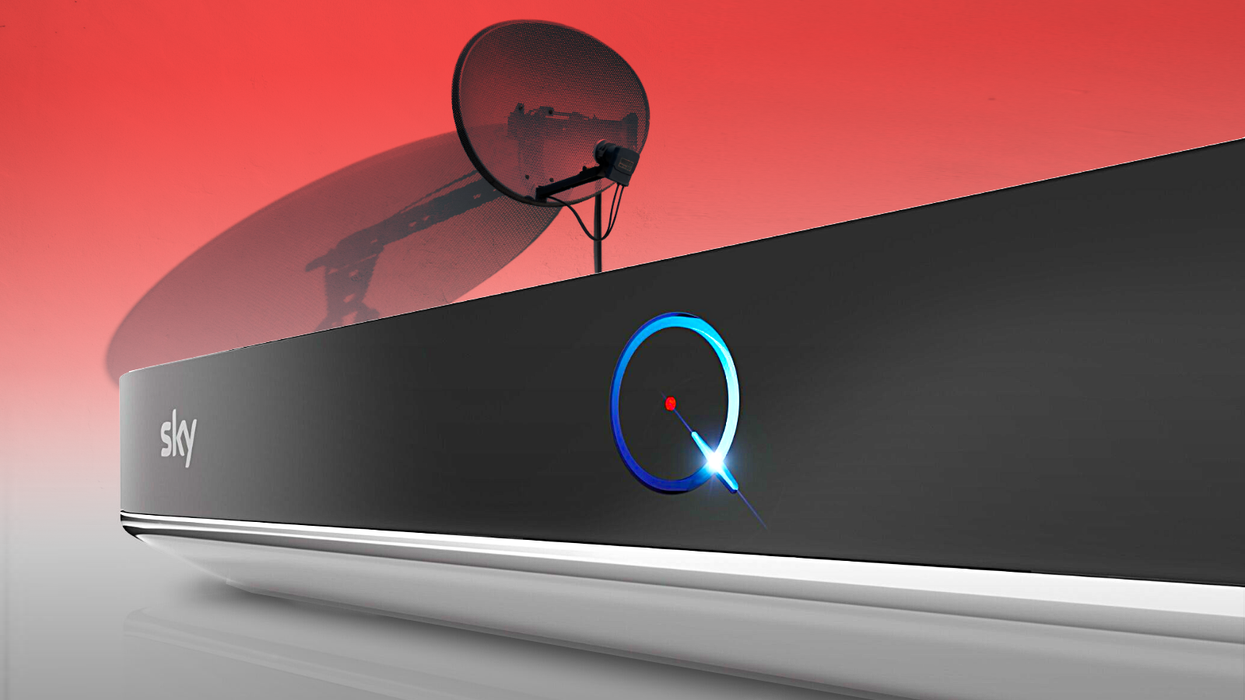An Openreach engineer is pictured installing fibre to an exchange location. BT-owned Openreach has confirmed plans to end copper-based landline sales at 46 new locations nationwide
BT PRESS OFFICE
Latest exchange locations confirmed as BT pushes ahead with plans to cull traditional landlines by 2025
- BT-owned Openreach has announced the next exchanges in its switch-off plan
- 46 new locations will stop selling traditional copper-based landlines
- Instead, customers will be moved to broadband-powered phones
- BT markets its system as Digital Voice and promises fewer spam calls
- But the switchover has caused issues for a number of Britons
- The Technology Secretary was forced to step-in last month over concerns
Don't Miss
Most Read
Latest
BT-owned Openreach has announced the next areas across the UK where it will block the sale of analogue landline services. It has named 46 exchanges that cover roughly 344,000 premises, starting a 12-month countdown until traditional copper-based landlines are no longer available.
The announcement is designed to encourage adoption of new broadband-based landlines, which BT markets under its Digital Voice brand. According to the company, these next-generation phone lines offer improved call quality and better protection against spam calls.
But the roll-out has been far from smooth, with complaints of lost phone numbers and compatibility issues with personal alarms used by 1.8 million elderly and vulnerable people. Without an external battery pack, broadband-powered landlines will stop working during a power cut — something that wasn’t an issue with the previous system. Internet outages can also stump the new landlines.
Technology Secretary Michelle Donelan intervened in December, summoning the UK’s leading telecoms firms including Sky, BT, Virgin Media 02, and TalkTalk following incidents with personal alarms used by elderly and vulnerable people and designed to be activated in a health emergency.

Exchanges, the green cabinets that can be spotted on British streets nationwide, house the crucial infrastructure needed for local broadband and landline connections. The upkeep is handled by BT-owned Openreach
GETTY IMAGES
Under new rules imposed by the Government, broadband and phone suppliers will need to carry out extra checks on those who have already been forcibly migrated to ensure they do not have telecare devices the provider was unaware of, and if they do, to ensure suitable support is provided.
Nobody with a personal alarm will be migrated to digital landline services without the provider, customer, or telecare company confirming they have a compatible and functioning telecare solution in place, the Technology Secretary announced.
Providers will also be required to provide backup solutions that go beyond Ofcom’s minimum of one hour of continued, uninterrupted access to emergency services in the event of a power outage.
BT is pushing ahead with plans to switch-off the existing analogue phone line platform by the end of December 2025. Everyone in the UK will need to have upgraded to a digital phone line before that deadline.
If you’ve recently upgraded to a full-fibre broadband plan with BT or any other internet supplier, your landline already uses the latest Voice Over IP (VoIP) technology. As such, there’s no need to worry about the forthcoming deadline.
When a majority of premises connected to a particular exchange are upgraded to ultrafast full-fibre broadband, Openreach stops the sale of traditional copper-based services. Openreach has upgraded more than 12.8 million homes and businesses nationwide to its full-fibre broadband.

If you've recently signed-up for a fibre broadband plan with BT, or any other provider, then you'll already be using a broadband-powered landline — not a traditional copper-based system
BT PRESS OFFICE
The UK Government has set a deadline of 2025 to reach 85% coverage of gigabit broadband, with full coverage nationwide due by 2030. Gigabit-capable broadband was available to just 6% of premises in January 2019, before the latest multi-billion pound upgrade project.
The average download speed for UK households is just 69.4Mbps, as recorded by Ofcom last year. Gigabit connections offer 14x faster connections, offering buffer-free video calls and streaming, speedy file downloads and back-ups to the cloud, even in the busiest households.
Openreach said the shift from copper to fibre will be as significant as the move from analogue to digital and black and white TV to colour.
LATEST DEVELOPMENTS
“By eventually retiring analogue phone lines, we will be creating a simplified network which allows us to meet the enhanced needs of an increasingly digital society,” said a spokesman.
“That’s why over the next few years, we’ll be upgrading just under nine million remaining analogue lines – including the now ageing traditional landline telephone service – to new digital ones.”
Here’s the list of the exchanges that will be switched to broadband-only phones in the coming months:
- Rawcliffe
- Hanley Swan
- Malpas
- Aberaeron
- Stonehaven
- Cupar
- Healing
- Evesham
- Ingrebourne
- Shurdington
- Berkswell
- Kimberley
- Platt Bridge
- Heswall
- Kirby Muxloe
- Bury
- Great Harwood
- Livingston Station
- Leigh On Sea
- Saint Barnabas
- Gillingham
- Sharrow
- Fareham
- Hinckley
- Chelmsford
- Kingsbridge
- Trumpington
- Maldon
- Chingford
- Strangford
- Stoneyford
- Martinstown
- Seaforde
- Baillies Mills
- Broughshane
- Kells
- Crossgar
- Ettrick Valley
- Balmaha
- Lismore
- Roxburgh
- Graffham
- Brightling
- Owslebury
- Badminton
- Rotherby
Additional Reporting By Alan Jones, PA Industrial Correspondent













